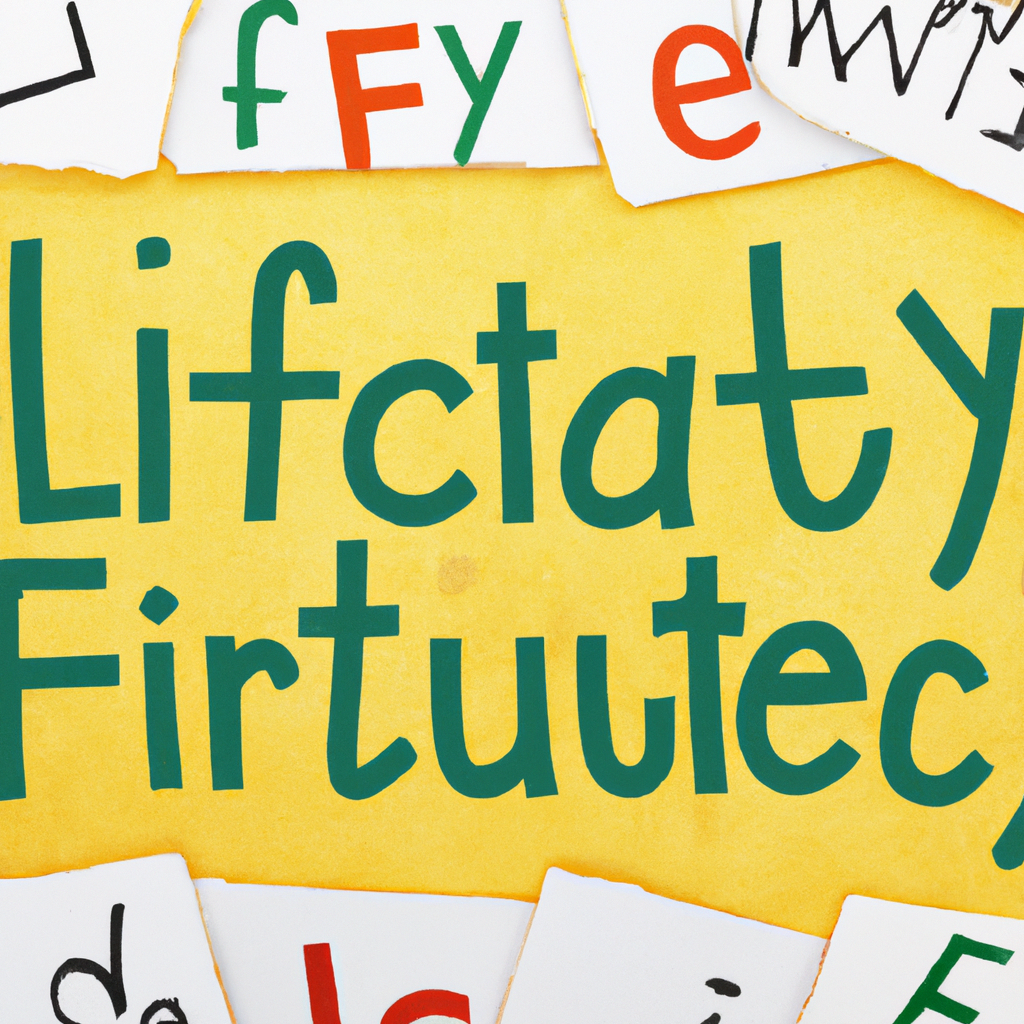Financial Literacy and Education: A Key to Financial Freedom
Introduction
Financial literacy and education play a pivotal role in the economic stability of individuals, families, and nations. It is the ability to understand and effectively use various financial skills, including personal financial management, budgeting, and investing. This article provides an in-depth look at the importance of financial literacy and education, its benefits, and how to improve it.
The Importance of Financial Literacy and Education
Financial literacy is a crucial part of personal finance management. It equips individuals with the knowledge necessary to make informed decisions about their finances. Without this understanding, people are more likely to fall into debt, miss opportunities for investment, and fail to adequately plan for their retirement.
Reducing Financial Vulnerability
Financial literacy is a potent tool against financial vulnerability. It enables individuals to understand the implications of their financial decisions, thereby preventing them from falling into debt traps or becoming victims of fraudulent schemes.
Enhancing Economic Security
Financially literate individuals are more likely to plan for their future, including their retirement. This planning leads to increased economic security in the long run.
Benefits of Financial Literacy and Education
Financial literacy and education have numerous benefits, from personal to national level. These benefits include increased savings, investment, economic growth, and reduced poverty.
Increased Savings and Investment
Financially literate individuals are more likely to save and invest their money wisely. This behavior not only secures their financial future but also contributes to the economic growth of their country.
Reduced Poverty
By empowering individuals with financial knowledge, they can make informed decisions that help them avoid poverty. This empowerment also enables them to identify and seize economic opportunities that can improve their financial status.
Improving Financial Literacy and Education
Improving financial literacy and education requires concerted efforts from individuals, educational institutions, financial institutions, and governments. Here are some ways to enhance financial literacy and education:
Integrating Financial Education into School Curricula
One of the most effective ways to improve financial literacy is to incorporate it into school curricula. This integration ensures that students acquire financial skills from an early age, preparing them for the financial challenges and opportunities they will encounter in adulthood.
Providing Financial Education Programs for Adults
Adults also need financial education, especially those who did not receive it in their formative years. Financial institutions, non-profit organizations, and governments should provide these programs to equip adults with the financial skills they need to navigate their financial lives.
Using Technology to Enhance Financial Education
Technology can play a significant role in improving financial literacy and education. For instance, mobile apps and online platforms can provide interactive and engaging ways for people to learn about finance.
Conclusion
Financial literacy and education are crucial for personal financial management and economic growth. Therefore, it is paramount for individuals, educational institutions, financial institutions, and governments to work together to enhance financial literacy and education. This collaboration will not only empower individuals to make informed financial decisions but also contribute to the economic growth and stability of their nations.




